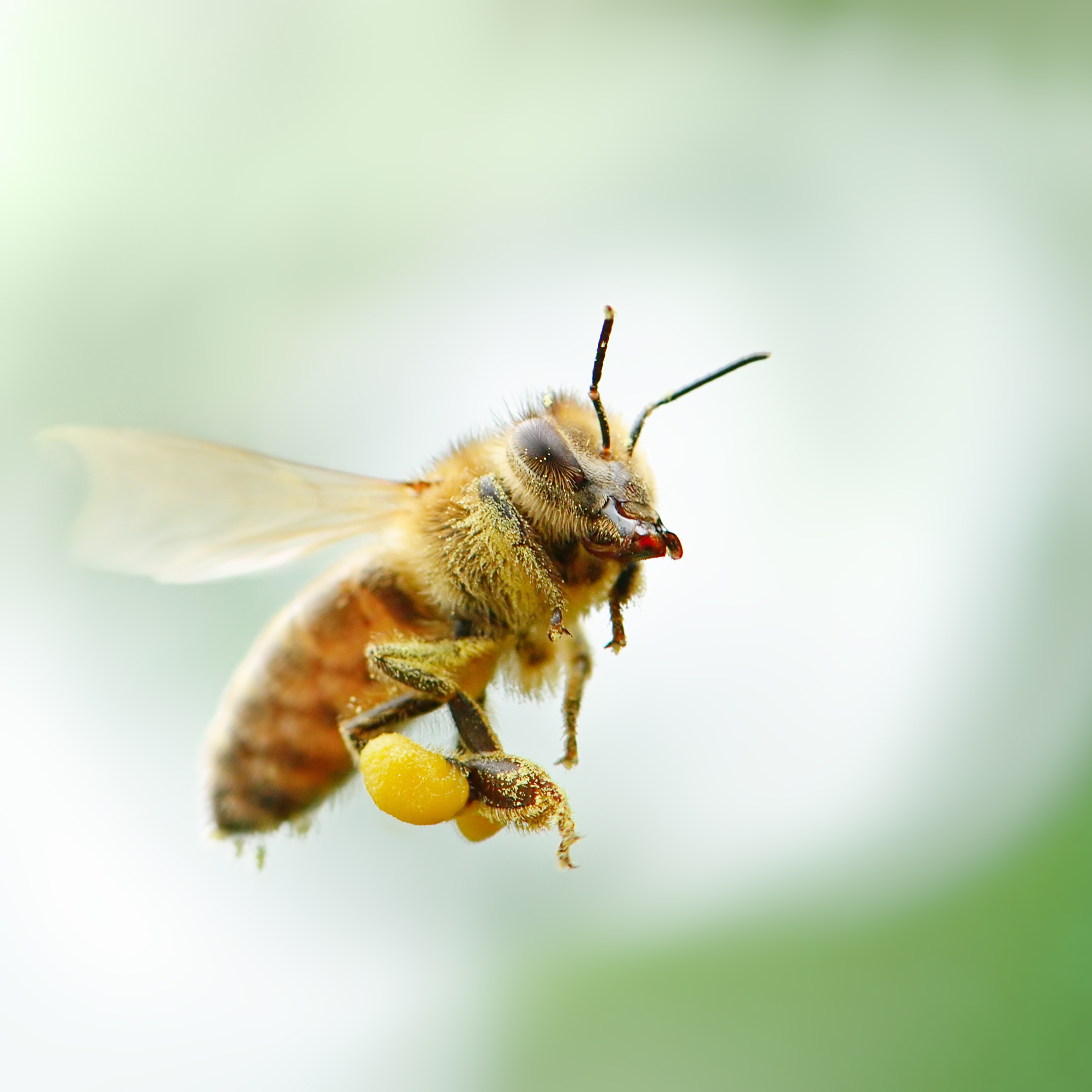Seaweed Product Helps Protect Honeybees from Pests
August 11, 2016
Bee Colony Collapse, Manuka Honey , Honey, Honey Bees
Given how much devastation is caused by varroa mites and nosema parasites on honeybee colonies, beekeepers are always looking for new solutions to try and build their bees’ resistance to diseases and other effects garnered by the small but deadly pests. In recent days, a new product has been slowly gathering notice in terms of the effects it can have on helping honeybees fight these pests—and it happens to involve the Irish and seaweed, the latter of which being said to contain numerous health benefits for humans and other animals, with the theory being it is just as beneficial for bees. This seaweed-based product is called HiveAlive.
HiveAlive helps bees fight disease by supporting gut health, and it is currently the only nutritional supplement approved for use by beekeepers in New Zealand—the home of Manuka honey. The product, made in Ireland with extracts from Atlantic Ocean-harvested seaweeds, is being exported to 30 countries including Iran, the US, Saudi Arabia, Japan, and all throughout Europe. Dara Scott, the physicist and beekeeper behind HiveAlive, set up to commercialize the product in 2010. Despite being fascinated by honeybee behavior and the well-ordered society of a hive, Scott also knew keeping bees could be a harsh task, since no hive is immune to bugs like nosema parasites and varroa mites.
Scott was aware of these bugs but found himself unimpressed by the offered solutions to counter attack. Coming from western Ireland, he knew of seaweed’s properties and that they had been successfully incorporated into animal feed to build disease resistance and boost immune systems. “It struck me that if seaweed worked for humans and animals, then maybe it would work for bees,” he said. “I was very concerned about the problems facing hive owners and equally frustrated by the lack of solutions. I set myself the goal of creating something that would improve bee health naturally and sustainably, and that’s how HiveAlive began.”
Working with a seaweed expert, Scott sought to identify varieties most likely to yield what he wanted—a natural supplement that could make honeybees stronger and more disease-resilient. “Nosema attacks the gut of honeybees, meaning they cannot absorb nutrients efficiently, die younger, and do not produce as much honey,” Scott said. “HiveAlive is fed to bees…when food levels are low during winter and spring, and we now have both experiential and scientific evidence that HiveAlive can increase honeybee colony strength quite significantly.”
According to Scott, “[HiveAlive] users are beginning to see results, and this is really giving us traction. It’s been a big gamble…There was no existing database that could tell us about beekeeping in other places. We’ve had to break all the ground ourselves.” A long term field test in Greece that tracked 40 hives, half fed HiveAlive, showed positive results, with the seaweed product-fed hives showing to have 89 percent more bees than control colonies and much lower levels of nosema spores.


.jpg)



